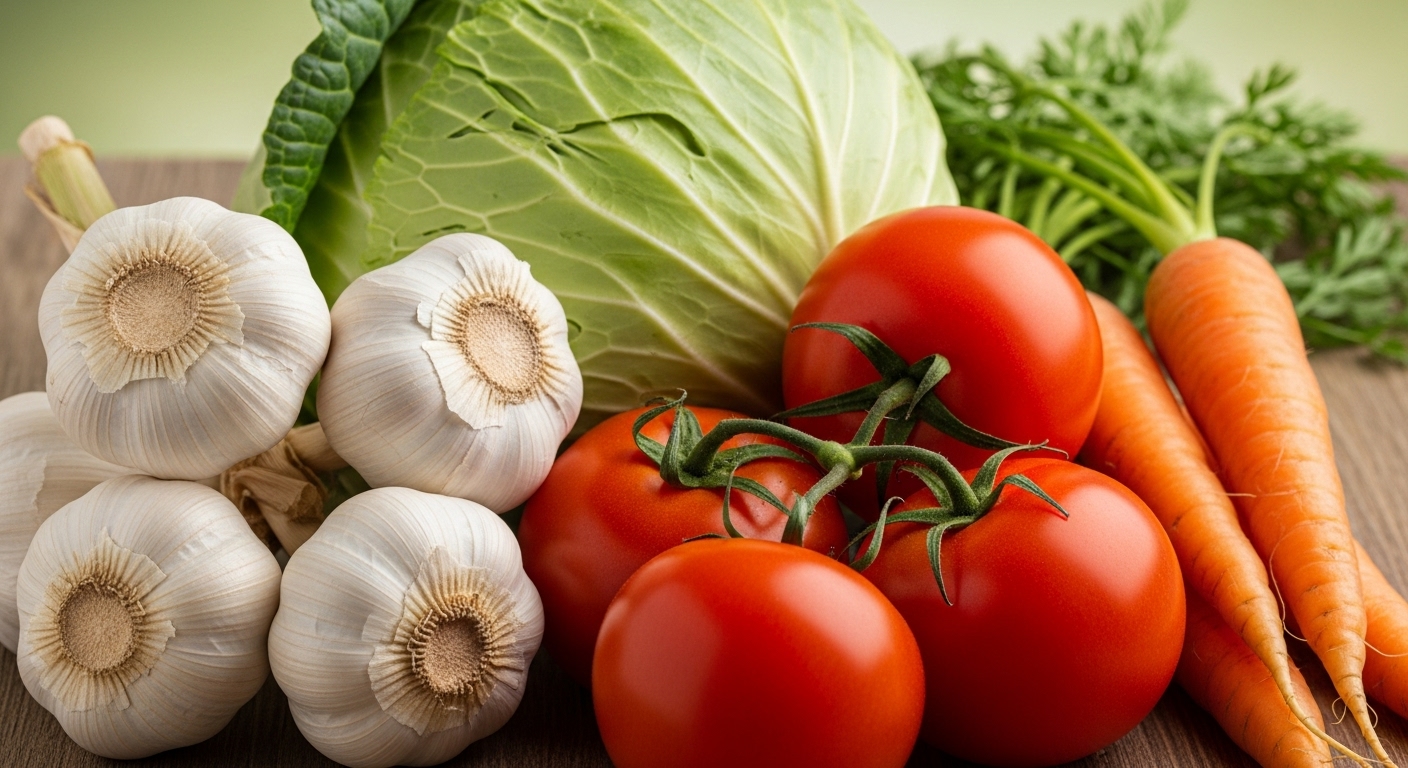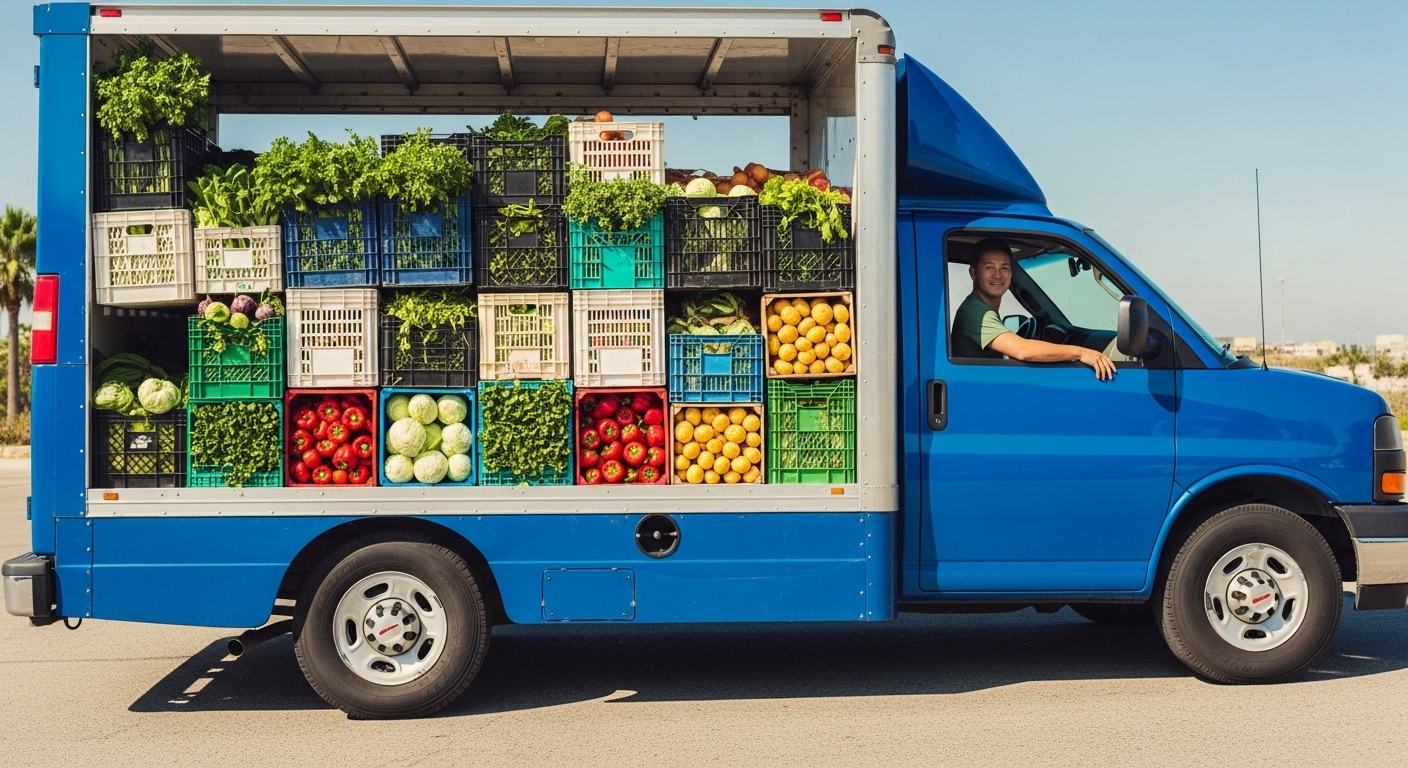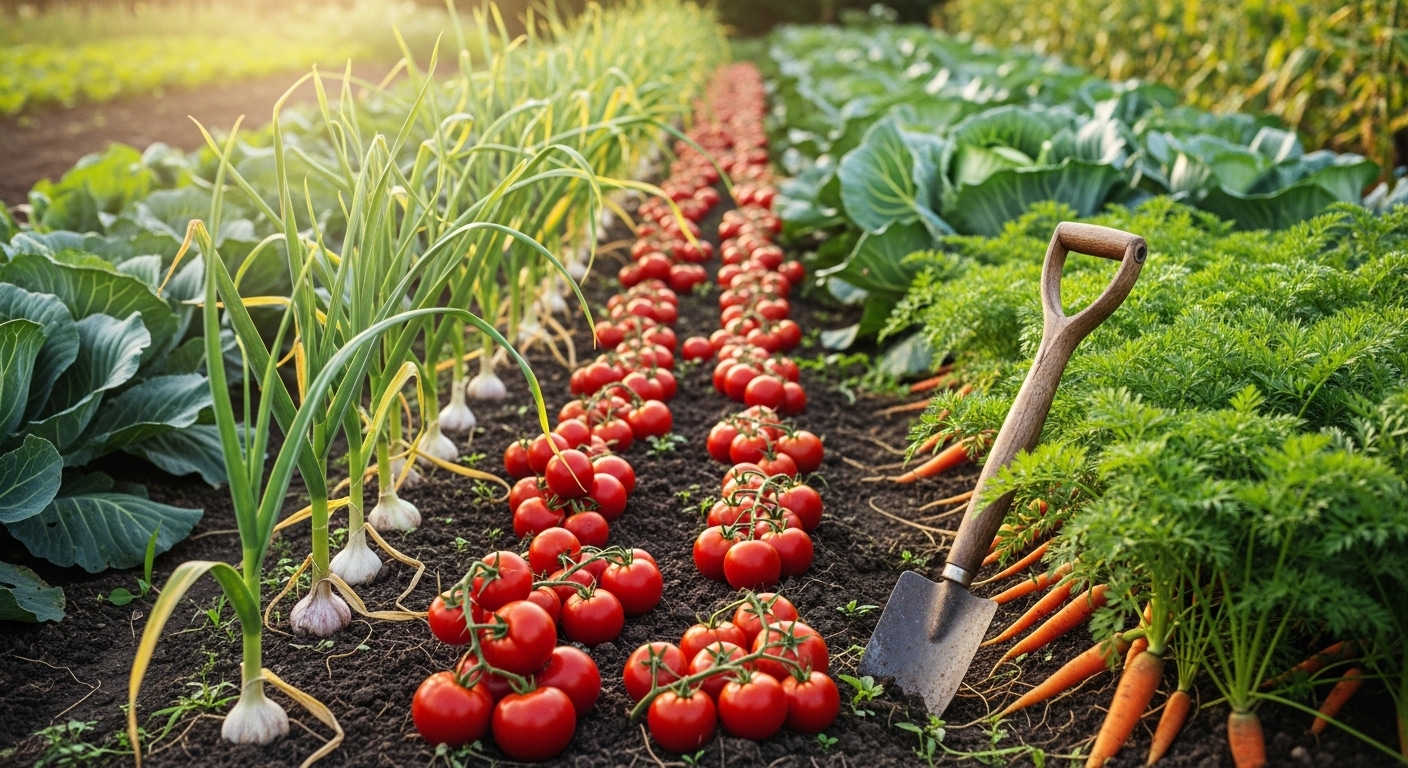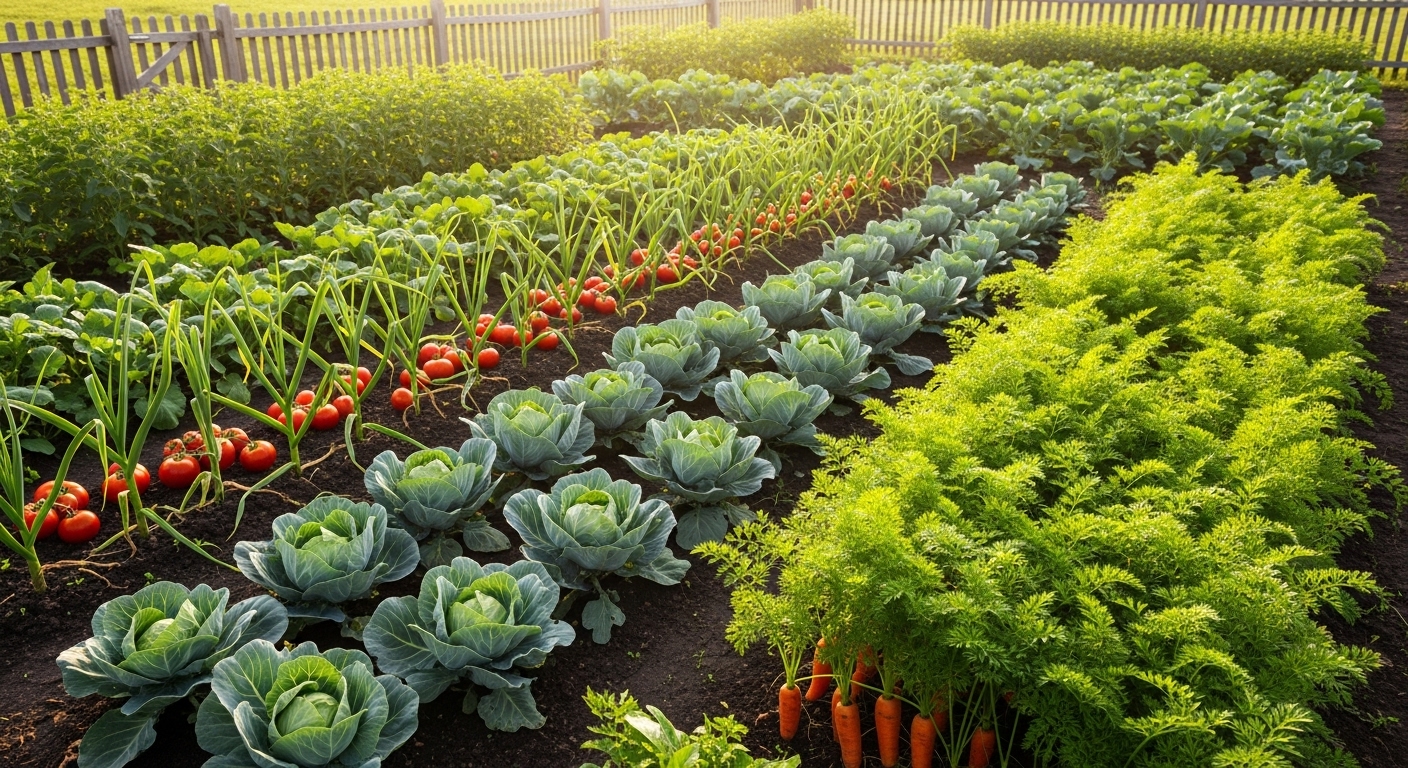The fact that we export products to others and they export their products to us is a common thing in the trade of goods between countries. But the irony is that we, as an agricultural country, have a large area of land, but instead import some agricultural products that we just throw away, almost causing the crop to disappear, and we also import them.

According to a recent report by the General Department of Consumer Protection, Competition and Anti-Fraud (GDCAF) of the Ministry of Commerce, it was stated that in accordance with the inter-ministerial declaration between the Ministry of Commerce and the Ministry of Economy and Finance, and with the support of the mobile food laboratory of the General Department of Consumer Protection, Competition and Anti-Fraud of the Ministry of Commerce, the GDCAF branch in Kandal province on June 26, 2025, cooperated with the Kandal provincial Customs and Excise Branch, together with local authorities, to inspect vegetables and fruits imported by trucks at the Chrey Thom International Border Gate. Next to Vietnam.
What are the products that our experts check and inspect? According to the report of the Ministry of Agriculture, the experts collected a total of 22 samples, including garlic, tomatoes, cabbage, carrots, radishes, beets, onions, Malaysian peppers, Hawaiian peppers, purple cabbage, cabbage, radishes (small and large), French onions, pickled oranges, green beans, sweet potatoes, red onions, tangerines, long beans, and green French beans.

The fact that experts are collecting samples on these 22 products is necessary. We really support experts doing this more often to ensure food safety because concerns about chemical pollution and pesticide residues are still prevalent on items or goods that serve the daily needs of citizens.
Most of the imported products that experts collect and test for pesticide residues or chemical substances are agricultural products that our local farmers do not have to worry about growing, but we import them from others to eat. For example, sweet potatoes, garlic, and yams are all easy to grow crops, meaning they just need to be covered with soil and the roots are covered with soil and they will grow. But instead of growing and distributing it in the market, we are lazy and import it from neighboring countries.

This is a story Or is it a problem that we need to ask ourselves why it is like this? Our farmers can grow these crops from Vietnam, and our soil is very fertile, creating good conditions for most of these crops. Our agricultural land is vast, apart from rice cultivation, there is still a lot of vacant land. We don’t just plant this and that, we just go to the market to buy. We should all wake up in the fields. Now, only the children working in factories can earn a salary until the opening month, even taking the time to plant sweet potatoes, garlic, lemongrass and other agricultural products is not done.
This is something we should think about because just the benefits of garlic, lemongrass, sweet potatoes, and chili peppers that we import from others to eat are something that should not happen. We should all wake up, not be lazy, not be idle, thinking only about drinking, thinking about eating, using the time left from daily work to cultivate the land around the house to get enough fresh vegetables to eat. The vegetables we grow around the house are safe and they prevent us from sitting idle, getting winded, and drinking together, which only leads to illness. Not only that, but they are also good for our health because we can work hard and sweat. These crops are sometimes used for family consumption, but if there is a lot left, some can also be imported to the market for exchange.

In short, we should all think about this issue again. In order not to be criticized for having land and resources but not planting, we are lazy and import from others to eat. We cannot do this because we need to eat, but if we have resources locally and support local products, we can help each other and cooperate well between consumers, middlemen and growers, or we can ensure supply to homes, villages and communities. That is really good.

